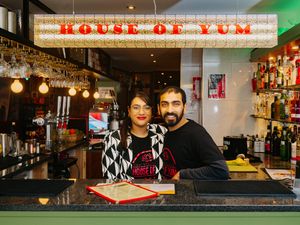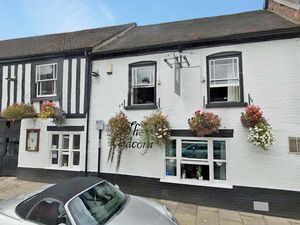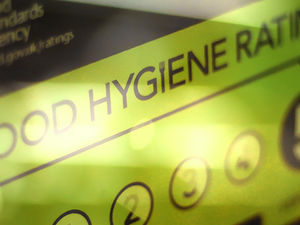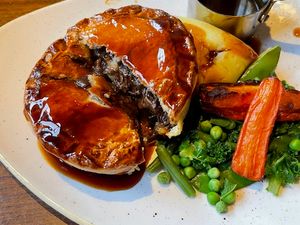Unusual brews? Mine’s a pint...
Beer drinkers in the West Midlands are pretty lucky. A whole stack of breweries have sprung up in recent years, and anybody who wants a pint of the good stuff tends to be spoiled for choice.
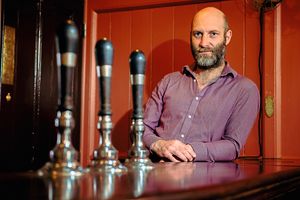
The resurgent brewing industry has been somewhat at odds with the declining fortunes of the nation’s pubs. There are mass-produced beers that make for a long night out, and some far rarer numbers that you might enjoy as a one-off.
One of the rarest beers you can get you hands on anywhere in the planet is Trappist Westvleteren 12, which has even been described as the world’s most sought-after beer – and it’s no surprise why.
Just over 5,000 barrels of the 10.2 per cent ABV strength quadruple dark ale are brewed annually by the 19 Trappist monks of St Sixtus abbey in Westvleteren, Flanders.
Drinkers tempted by the regular appearance of its darkest brew at the top of the world rankings must travel in person and on appointment to pick up their allotted two crates.
But you can get your hands on a bottle of this beer at one place in the region – the small creperie and beer cafe Chez Sophie in the middle of Shrewsbury which Mat Hocking runs with his French partner, Sophie Carron.
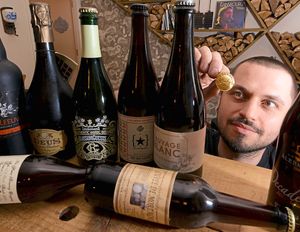
“The vast majority of beers we have here are limited editions so they’re not the kind of beer you will find anywhere, but Westvleteren is pretty rare,” says Mat.
But why is it so rare? Well that’s because it’s so hard to get hold of to sell in the first place.
Currently prospective buyers had to call the abbey’s so-called ‘beer phone’ for the right to purchase no more than two crates of Westvleteren.
It was reported that only two per cent of those that call actually successfully get through – and when you consider that it takes 85,000 callers an hour in peak time it’s hardly shocking that it’s hard to get your hands on.
A crate of 24 bottles of the highly prized Westvleteren 12 costs 45 euros direct from the abbey – although despite the high price, the effort of getting hold of the brew is far greater.
Those that are successful then have to queue up in their cars outside the monastery on a designated day to receive their allotment from the monks themselves. Fortunately for Mat the monastery lies just a few miles from Sophie’s childhood home, just across the border in France.

